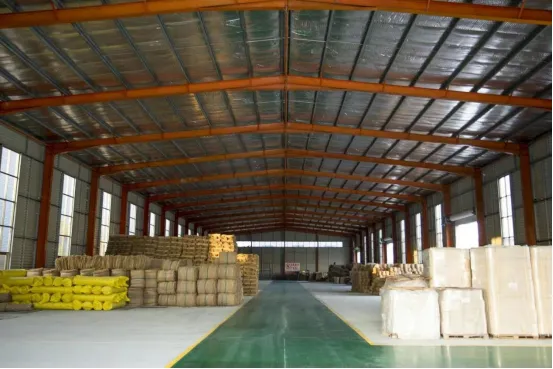A leading choice for packing potatoes
As global awareness of environmental hazards tied to plastic usage grows, the agricultural sector is experiencing a notable shift towards the adoption of traditional, eco-friendly materials. Among these alternatives, jute sacks have emerged as a leading choice for packing potatoes. This revival signals a commitment to sustainable practices across the industry. Historically significant for packaging various agricultural products, including potatoes, jute sacks were gradually supplanted by more affordable plastic alternatives in the latter half of the 20th century. However, the escalating concerns surrounding plastic waste's environmental impact have prompted a reversion to these biodegradable, natural fiber sacks.
**Advantages and Implications of Jute Sacks:**
The most compelling factor driving the renewed use of jute sacks in potato packing is their biodegradability. Unlike plastic, which can persist in the environment for hundreds of years, jute decomposes naturally, leaving no harmful residues. This characteristic perfectly aligns with the growing global demand for packaging solutions that do not exacerbate pollution problems. From an economic perspective, the resurgence of jute sacks holds considerable promise. Additionally, the practical advantages of using jute sacks in the potato-packing industry cannot be overlooked. Farmers and market vendors have noted that jute provides better breathability, maintaining potato freshness and reducing spoilage rates. This, in turn, boosts consumer confidence and increases the marketability of their products, given the heightened consumer preference for environmentally responsible packaging.
**Challenges and Forward-Looking Approaches:**
Despite the numerous advantages, the transition to jute sacks is not devoid of challenges. The most significant barrier is the cost differential between jute and traditional plastic sacks. Jute sacks are typically more expensive, posing an economic challenge, particularly for smaller farms and vendors who operate on thin profit margins. Nevertheless, stakeholders argue that the long-term gains, both environmentally and economically, far surpass these initial costs. Investing in sustainable alternatives like jute sacks can mitigate the long-term ecological costs associated with plastic waste. Looking ahead, the broader shift towards jute sacks for packing potatoes signifies a burgeoning trend towards sustainability in agriculture—one that requires collective support. Agricultural producers, policymakers, and consumers play pivotal roles in this transition. By fostering an environment that encourages sustainable practices through incentives, subsidies, and public awareness campaigns, the adoption of jute and other eco-friendly materials can be accelerated. Ultimately, the industry's commitment to environmentally responsible packaging solutions is instrumental in paving the way for a more sustainable future. This united front not only addresses the pressing environmental concerns but also ensures socio-economic benefits, thereby making the case for a permanent shift towards sustainable agricultural practices.
പങ്കിടുക
-
Lithium Battery Welding Machine | High-Precision, Fast, Safeവാർത്തNov.17,2025
-
Aluminium Guide Roller | Anodized, Lightweight, Low-Noiseവാർത്തNov.17,2025
-
Tofu Cat Litter Bulk – Eco, Low-Dust, Fast Clumping Supplyവാർത്തNov.17,2025
-
Equipment for Lithium Cell Assembly | Automated & Preciseവാർത്തNov.10,2025
-
Square File Tool – Precision Cut, Hardened Steel, Versatileവാർത്തNov.10,2025
-
Lithium Ion Battery Assembly Machine | Automated, High-Speedവാർത്തNov.10,2025








